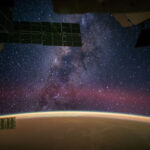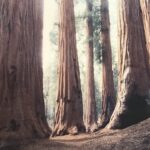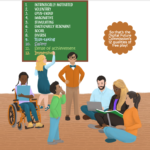Nature as default
I was raised by West Coast parents in the Southwest and in the Ohio River Valley. I have to give my parents, Jeanne and Justin, a lot of credit. They worked hard, lived simply, and prioritized around family, friends, nature, and community service. Jeanne fundraised to build a picnic shelter in the local park. Justin’s passion was producing and hosting the yearly Rotary Club World Affairs Institute for high school students from Ohio, Indiana, Kentucky, and West Virginia.
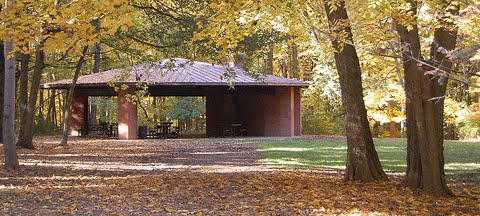
Before we had a label for it, I was free-range, fearlessly wandering the acres and acres of woods where we lived on the outskirts of Mt. Washington, a small, outlying suburb of Cincinnati. My experiences in those woods made nature my default—I am deeply grateful for the freedom I took for granted then.
Technology for the Greater Good
I don’t buy the digital native/immigrant dichotomy. Our lives with technology today are way more nuanced than native/immigrant can begin to capture. (Even Marc Prensky who first proposed the native/immigrant metaphors has revised his thinking, recommending we focus on supporting Digital Wisdom.)
I saw my first computer when I was about 10-years-old. It was an IBM mainframe. I have my mother to thank. Our next-door neighbor worked for IBM. Somehow my mother persuaded him to take me to his workplace and introduce me to the huge and noisy machines. My memory is of a room that looked a lot like this. We must have gone on a weekend because it was just my neighbor, me, and the mainframe. That encounter planted a seed that would take several years to sprout.
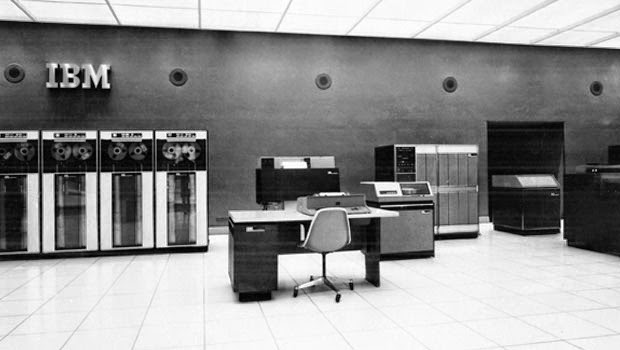
In the early ’70s, I was working at The New School and met educator Nancy Rambusch. Nancy was pioneering the use of video in the classroom to give teachers feedback on their strengths and biases. Watching children’s interactions in slow motion revealed subtle dynamics that changed my view of relationship forever. I had my first taste of technology for the greater good.
Alternative Futures in Edge-ucation
When I told my high school guidance counsellor that I wanted to go to college in California, she wished me luck and told me I was on my own. And with that clean slate, my journey to design my own unique path to higher education began. I’m still on that journey…
I found a small experimental college with an accelerated 3-year BA and no major required. I focused in on Alternative Futures. Inspired by folks like George Leonard (Education & Ecstasy), Alan Kay, Seymour Papert, A. S. Neill, Ivan Illich, Paolo Freire, Maria Montessori, I dedicated myself to what I liked to call edge-ucation.
That commitment has helped guide me towards extraordinary mentors—innovative school founders like Carol and Tom French-Corbett (The New School in Cincinnati, Ohio) and Annemarie Roeper (The Roeper School), unschooling visionaries like John Holt (Growing Without Schooling network), Participatory Design innovators like Bela H. Banathy (The Asilomar Conversations) and Barbara Vogl (Patterns), and many, many others.
Family is a Crucible of Love
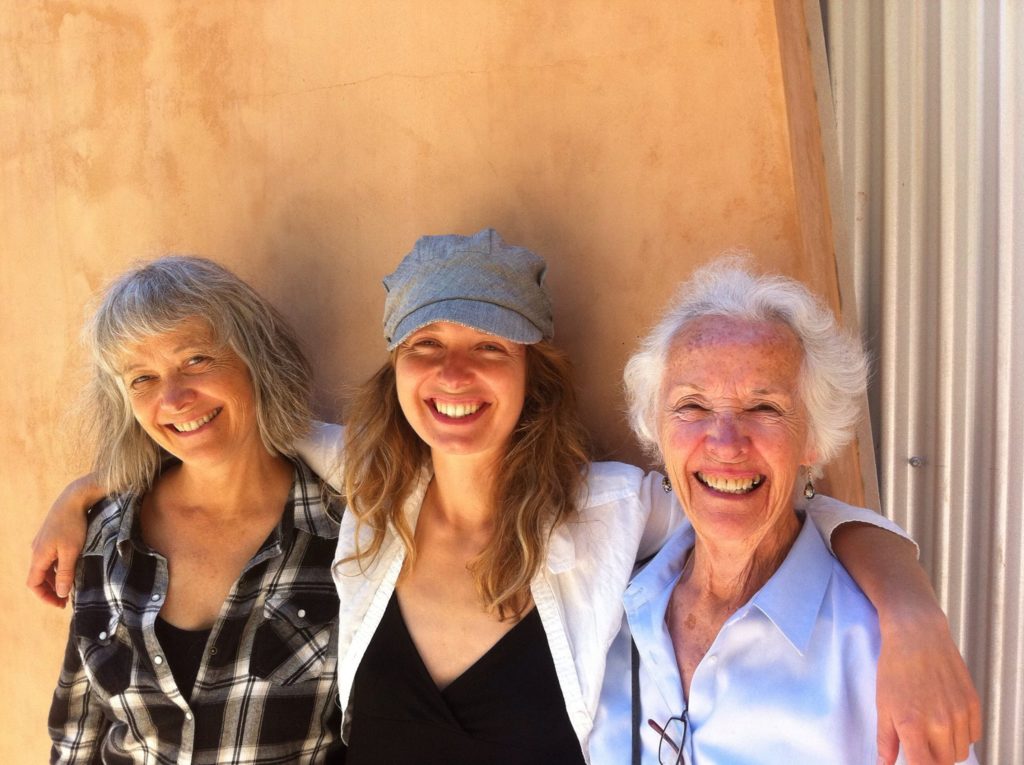
My daughter Zohara has been one of my greatest mentors. She helps me to put my philosophies to the test. We’ve had the privilege of traveling the world together, and we’ve bowed together at the thresholds of life and death. She teaches me about courage. My mother Jeanne had an unquenchable curiosity. She never quit learning and loving life. She modeled a commitment to kindness, tolerance, diversity, and social justice. She nurtured in me a deep love for the natural world—especially the four-legged, finned, and winged creatures we share this world with. At a time when religion was typically imposed on young people, she gave me the precious freedom to choose my own beliefs. I am forever grateful. Family is a crucible of love.
